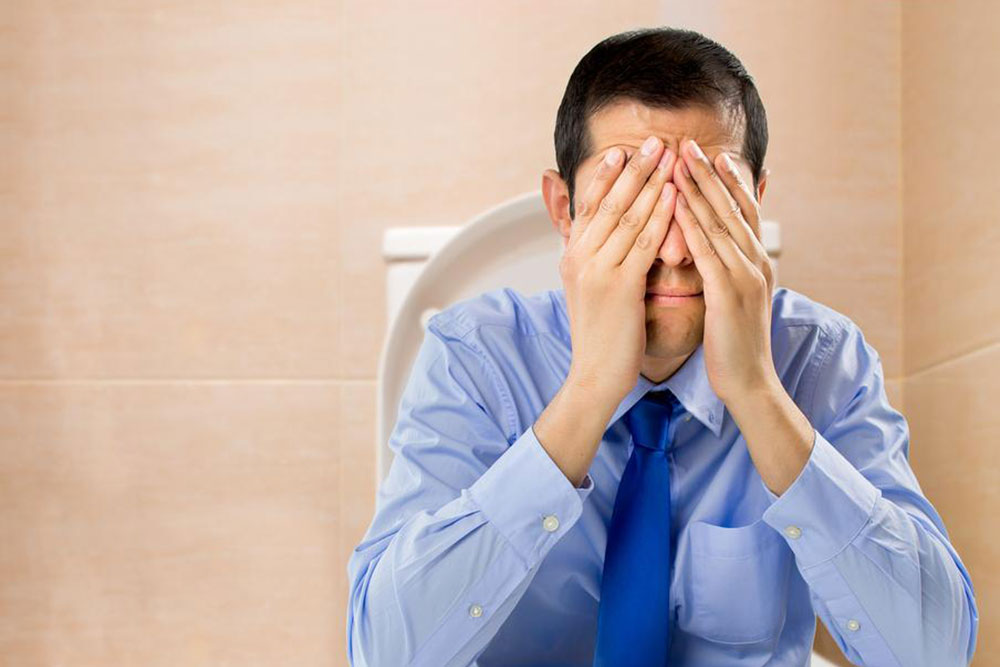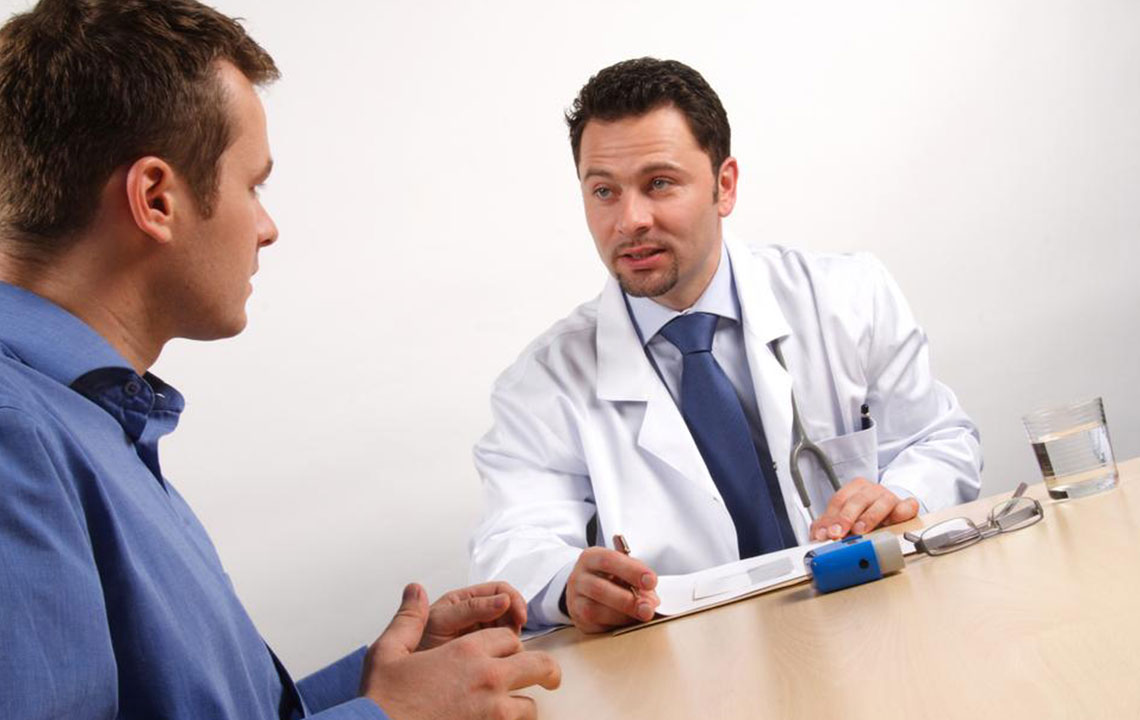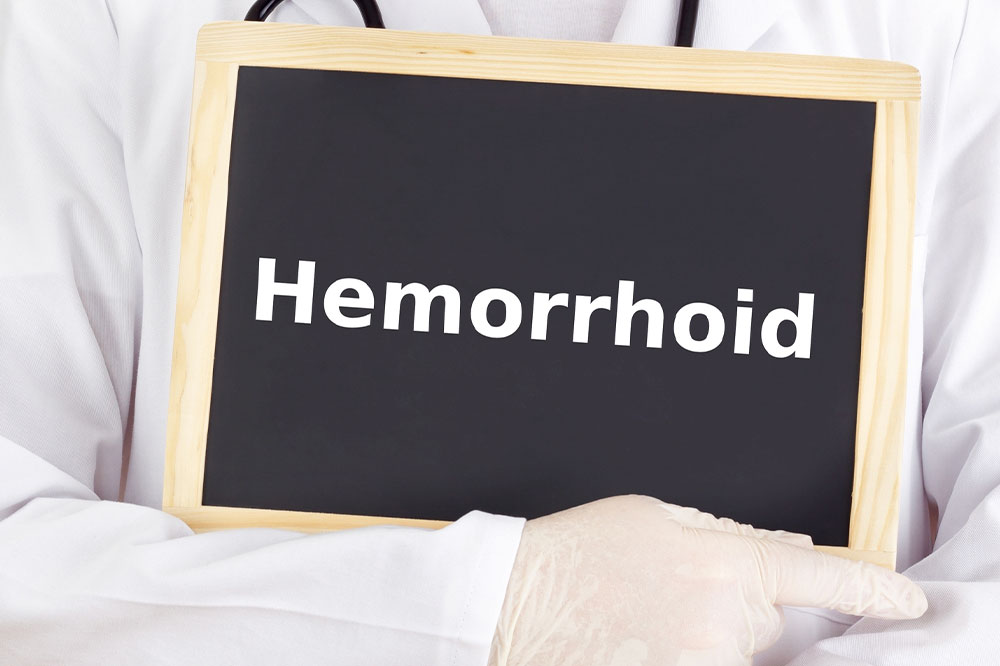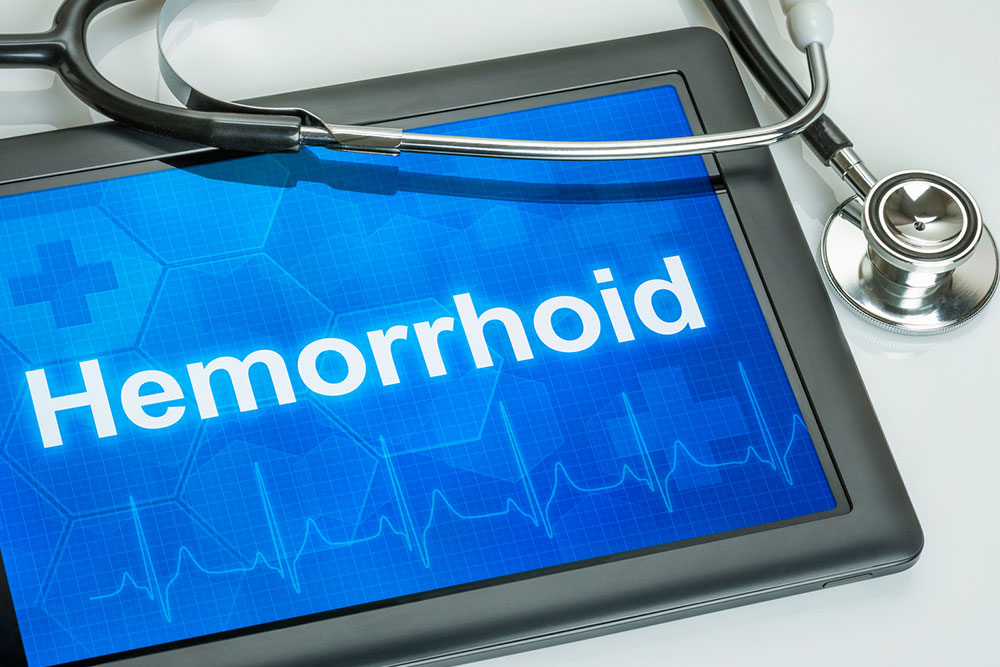Effective Strategies for Managing Hemorrhoids
Learn effective ways to manage hemorrhoids, including lifestyle changes, home remedies, and medical procedures. This guide covers symptoms, types, and treatment options for hemorrhoids, providing practical advice for relief and prevention. Consult healthcare professionals for personalized treatment plans to address persistent or severe cases.

Effective Strategies for Managing Hemorrhoids
Hemorrhoids, commonly called piles, are swollen cushions of tissue located around the anus. These tissues contain blood vessels, supportive tissue, muscles, and elastic fibers. They serve a role in stool control when healthy but become problematic if inflammation or swelling occurs.
Research indicates that up to 50% of Americans experience hemorrhoids by age 50.
Types of Hemorrhoids
Internal Hemorrhoids: Usually painless, even with some bleeding, and may protrude outside the anus. They can cause discomfort, itching, and a feeling of fullness in the rectum.
External hemorrhoids appear as bluish lumps visible around the anus and can bleed if damaged. They tend to be painful due to sensitive skin, and clots can cause significant discomfort. Over time, they may leave behind skin tags.
Thrombosed Hemorrhoids: When blood pools and clots inside external hemorrhoids, severe pain, swelling, and hard lumps may develop near the anus.
Symptoms
A lump around the anal area, often painful or tender.
Persistent fullness after bowel movements.
Bleeding during defecation, accompanied by mucus discharge.
Itching, soreness, and swelling around the anus.
Painful bowel movements and redness or soreness around the anal region.
Treatment and Management
Applying a small amount of petroleum jelly can ease stool passage, while avoiding straining. Use hemorrhoid-specific creams or ointments to relieve symptoms.
Home Remedies: Increasing dietary fiber intake and engaging in regular exercise help soften stools and prevent constipation. Sitz baths in warm water and OTC topical creams can soothe inflamed hemorrhoids. In severe cases, especially with blood clots, minor surgical intervention may be necessary.
Advanced procedures include Stapled Hemorrhoidopexy, where prolapsed internal hemorrhoids are repositioned with a staple device, offering quicker recovery but slightly increased recurrence risk.
Hemorrhoidectomy involves surgically removing affected tissue, performed under anesthesia, with a low chance of recurrence and a relatively short recovery period. Both internal and external hemorrhoids can be effectively treated through surgery when conservative methods are insufficient.
Important Note:
Our blog offers general health insights based on research. While informative, this content isn't a substitute for professional medical advice. For diagnosis and treatment, consult a healthcare provider. The website disclaims responsibility for differences or inaccuracies and advises readers to seek personalized care.










